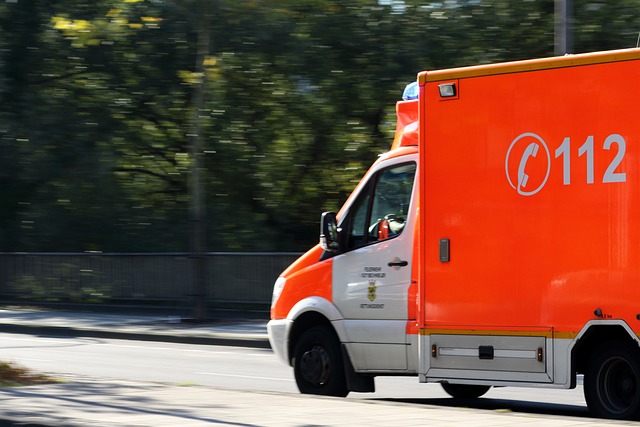Germany"s Emergency Response Fails – Life-Threatening Regional Disparities in Survival ChancesGermany"s Emergency Response Fails – Life-Threatening Regional Disparities in Survival Chances
Thousands of lives are at risk: A comprehensive investigation has uncovered severe shortcomings in Germany"s emergency response system.

Annually, around 100,000 people suffer sudden cardiac arrest, and the shocking reality is that over 90 percent die, although many could be saved. Even more alarming is that a third of these victims are between 18 and 65 years old. The findings reveal drastic regional disparities in survival chances, sparking outrage and concern.
A critical weak point is the emergency dispatch centers. They must swiftly recognize cardiac arrests, alert emergency services, and guide bystanders through CPR. However, standardized systems to reliably perform these life-saving tasks are missing nationwide. At least one in five emergency service areas lacks structured emergency call handling, which is crucial for quickly identifying cardiac arrests. Only about half of the emergency service areas have a quality management system to measure and optimize processes. This systemic failure is laid bare in an area where every second counts.
Even more scandalous is the fact that emergency services often arrive too late. Medical societies demand that rescuers reach at least 80 percent of cardiac arrest cases within eight minutes. The reality is shocking: only 24 out of 283 emergency service areas meet this target. 130 areas fail to do so, and the rest provide no data, indicating alarming opacity and indifference towards patient survival chances.
The reasons for this disastrous situation are varied: staff shortages, overburdened emergency services due to non-urgent calls, and the lack of nationwide standards. A report by former Constitutional Court judge Udo Di Fabio for the Björn Steiger Foundation is unequivocal: the state is failing its constitutional duty to protect citizens in emergencies. The disparate regulations across federal states result in life-threatening inequality in emergency response.
Solutions exist: First-responder apps could alert nearby volunteers in the event of cardiac arrest, significantly improving rescue chances. Yet, here too, failure is evident: only half of the emergency service areas utilize this internationally recommended technology. The federal government has announced a reform of the emergency response system, but so far, no significant improvements have been implemented.
The appalling conditions in Germany's emergency response system highlight an urgent need for action to save lives currently lost due to systemic failures.
Autor: Redaktion
Bild Quelle: pixabay
Dienstag, 16 Juli 2024